My apologies, devoted readers, I know it has been some time since we last met. Rest assured, your trusty blogger is back at her (slightly untidy) desk with plenty to say about Nimba and our most recent adventures in Guinea/the motherland/home. This week, we introduce you to Jen E., Jen C., and Cavetta, three dancers who made an amazing and very unique contribution to Nimba.
First off, our friends from Tuscon, Arizona, held a dance class to raise money from their local community to donate to Nimba. We think this is a FABULOUS idea that bears repeating! Everybody involved in such an endeavor wins: Nimba receives the dollars needed to build a Center for African dance in Guinea that generations can enjoy, and participants receive all the good feelings (not to mention the workout) from a dance class.
When we dance, especially with others, especially with live music, we engage in a process of transformation together, both at the individual and community level. We alter our body's natural rhythms as we breathe harder, as our hearts pump extra blood, as we sweat and stretch and pulsate, thereby transforming ourselves at the cellular level, which in turn translates to energy released outward through time and space.
Especially when we do this with a shared intention, dance can become a powerful kind of physical prayer, and as we dance to help each other, so too can only good things come.
Anyway, via the dance class and by spreading the word to their community, these brilliant women raised hundreds of dollars for Nimba (including a generous donation from their good friend Kuumba of the fabulous natural oils & fragrance company). The money went directly to construction of our perimeter wall and enabled us to do even more than we thought during our time in Guinea.
But that's not all. Our friends are not only great dancers, but are nurses to boot, and used a portion of the money raised by the dance class to purchase first aid and other basic medical supplies that are so hard to come by for many who live in rural Guinea.
But that's not all. Our friends are not only great dancers, but are nurses to boot, and used a portion of the money raised by the dance class to purchase first aid and other basic medical supplies that are so hard to come by for many who live in rural Guinea.
On our last morning in Boke, we set out to distribute the supplies to area villages and our nurses were able to offer their counsel to the health-related complaints of the inhabitants. We had a translator help with the instructions and cautions on bottles of ibuprofen, tubes of antibacterial cream, bandages, and simple remedies for troubles of the gastric variety.
In general, folks complained of back pain and occcasional tummy trouble, but there were instances when our nurses had to provide real first-aid assistance for burns and infected wounds or try to help soothe and diagnose a sick baby.
It was an eye-opener (at least it was for me, your trusty blogger) to see how even a mild sickness or infection can turn into a considerable discomfort or threat when basic medical attention is not available, but at the same time, we were all curious about local and traditional medical practices.
A central tenet of Nimba is that the best results come from mutual enlightenment and respect, and we learn a lot from our Guinean counterparts. For all we showed folks how to bandage a leg burn or take an aspirin for a bad headache, Guinean traditional knowledge and health practices would later play a large and just about lifesaving role in Nimba's adventures. (More on that story coming soon!)
Kismet saw to it that we met this gentleman along the way with his remarkably apropos t-shirt, and we here at Nimba heartily agree with the sentiment, and would like to thank Jennifer E., Jennifer C., and Cavetta again for their wonderful, selfless work.
We'd also like to take this opportunity to recognize the other workshop participants who have helped Nimba along the way and/or made valuable, exemplary contributions on a personal level to our Guinean community. With admiration and gratitude, we recognize Jacqui Miller, Kim Porter, Daniela Stefano, Iman Tamiko, Ann Bergeron, Marita Kennedy-Castro, and everyone else who gave Nimba their Guinea francs, dollars, and their wonderful support!
We'd also like to take this opportunity to recognize the other workshop participants who have helped Nimba along the way and/or made valuable, exemplary contributions on a personal level to our Guinean community. With admiration and gratitude, we recognize Jacqui Miller, Kim Porter, Daniela Stefano, Iman Tamiko, Ann Bergeron, Marita Kennedy-Castro, and everyone else who gave Nimba their Guinea francs, dollars, and their wonderful support!
The AZ dancers' project and their initiative fit perfectly with Nimba's long-term desire to provide a platform for people interested in working towards positive change in West Africa to bring their own skills to the table. We hope that someday Nimba will allow us all to use our powers for good, and we hope this story inspires you to find where you fit in our overall project. Donate a dance class, the proceeds from the sale of a work of art, a bake sale, or whatever you come up with, and join Youssouf's global community of Nimba supporters.
Till next week....
Till next week....
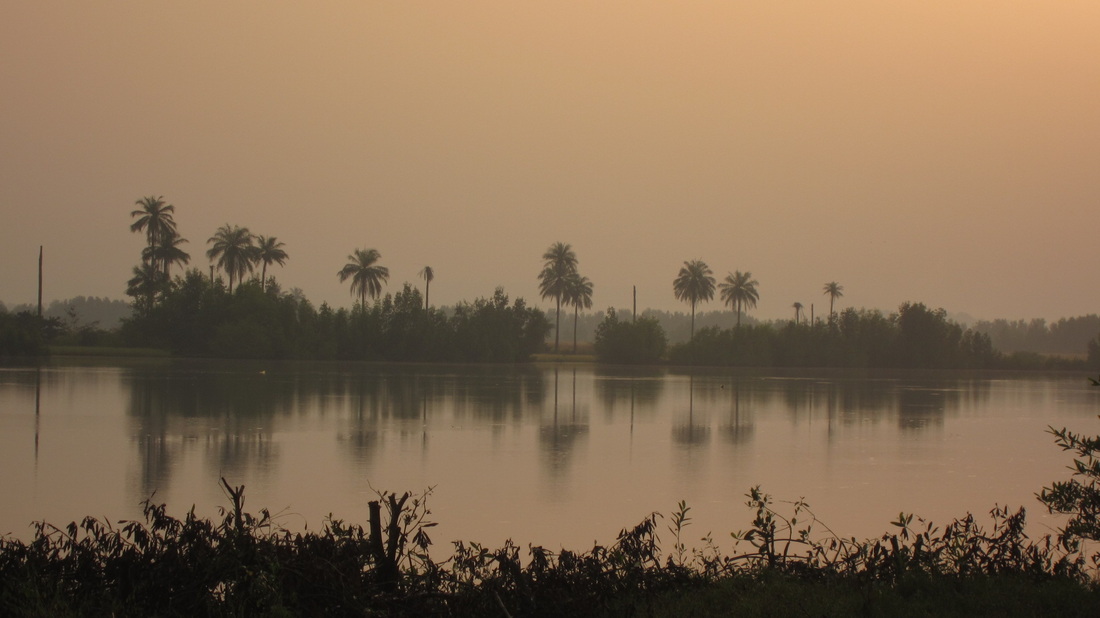
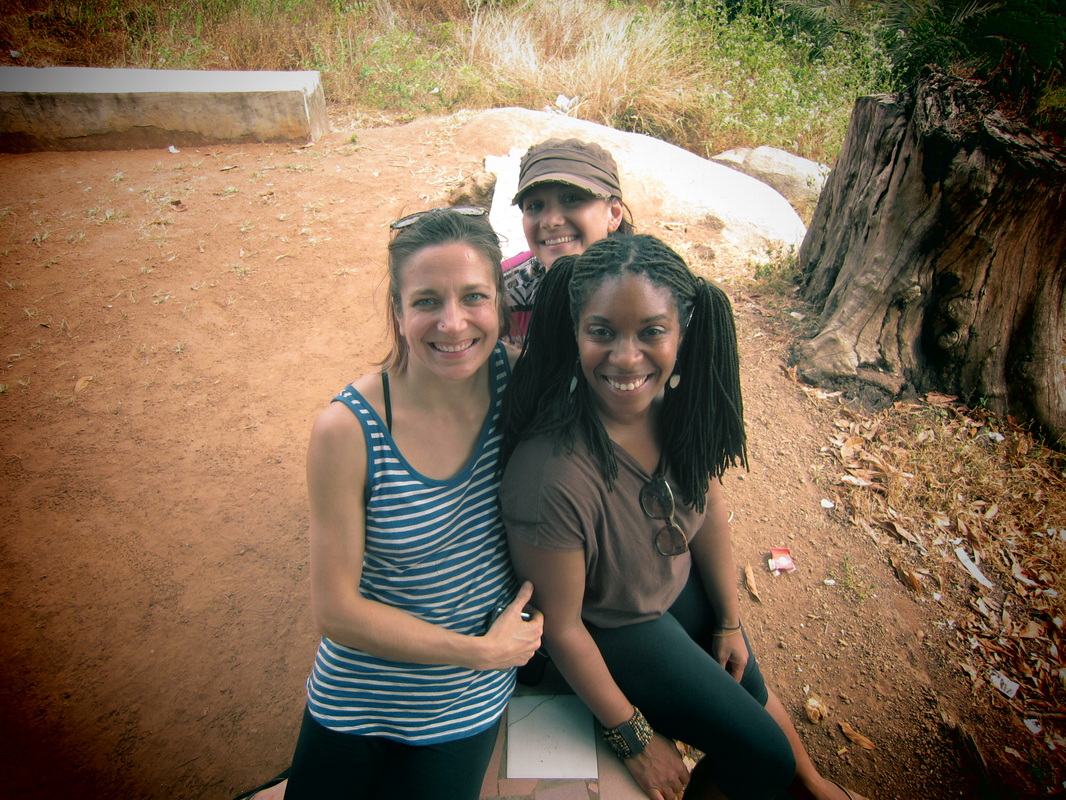
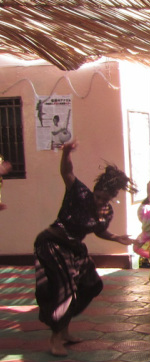
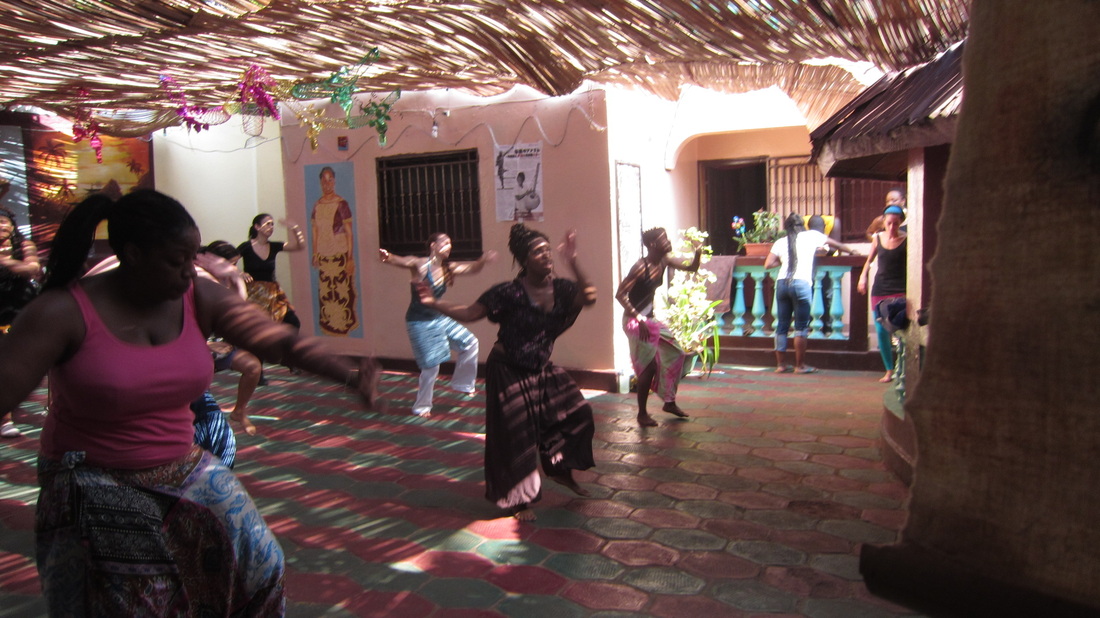
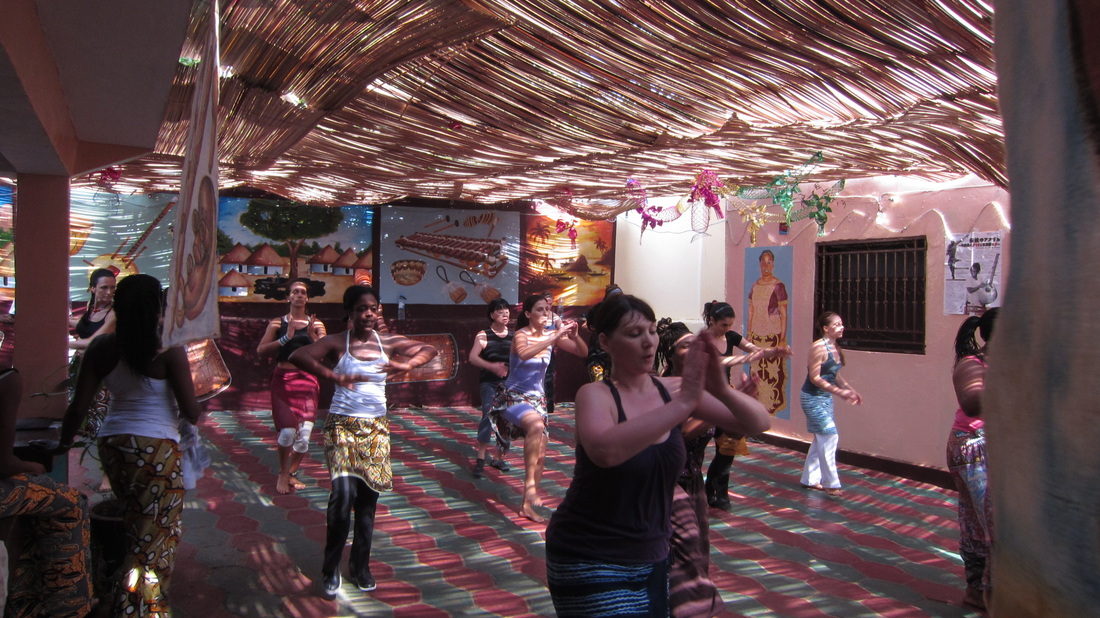
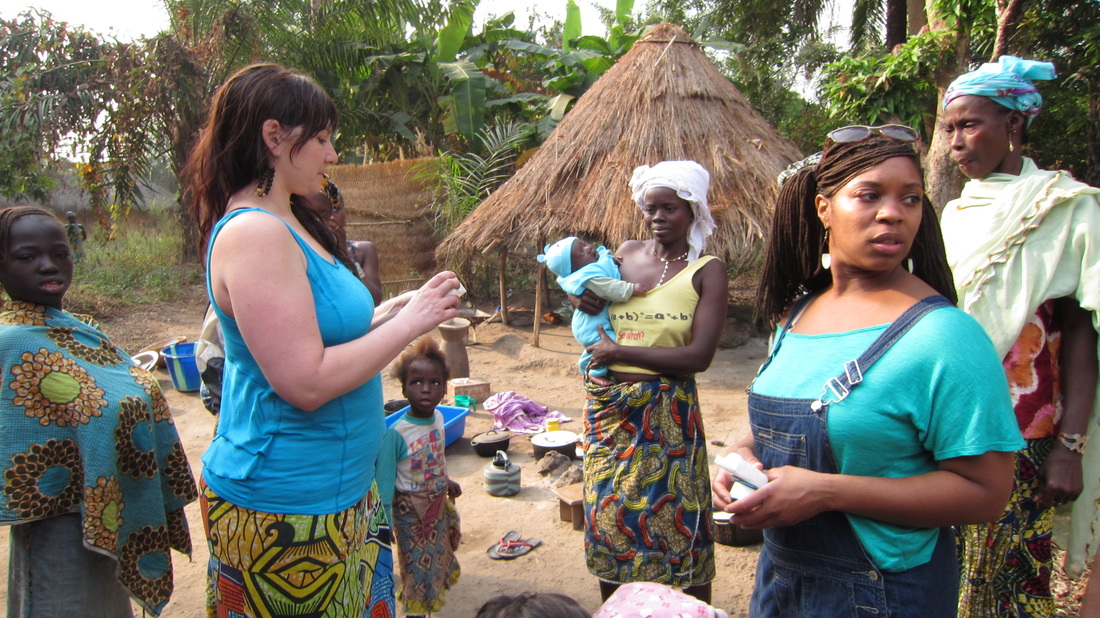
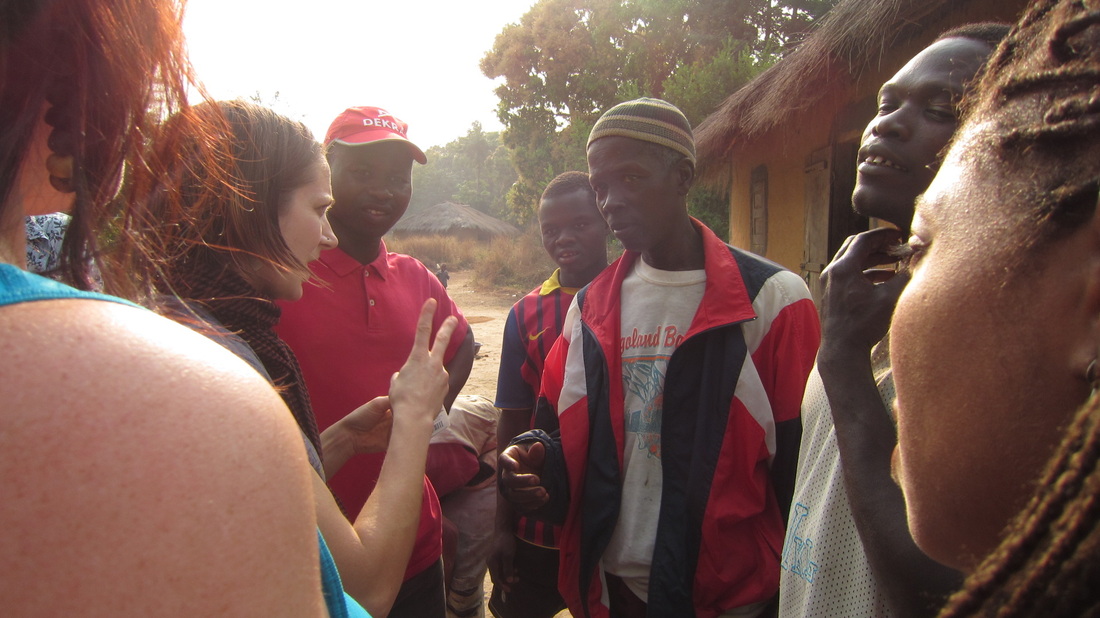
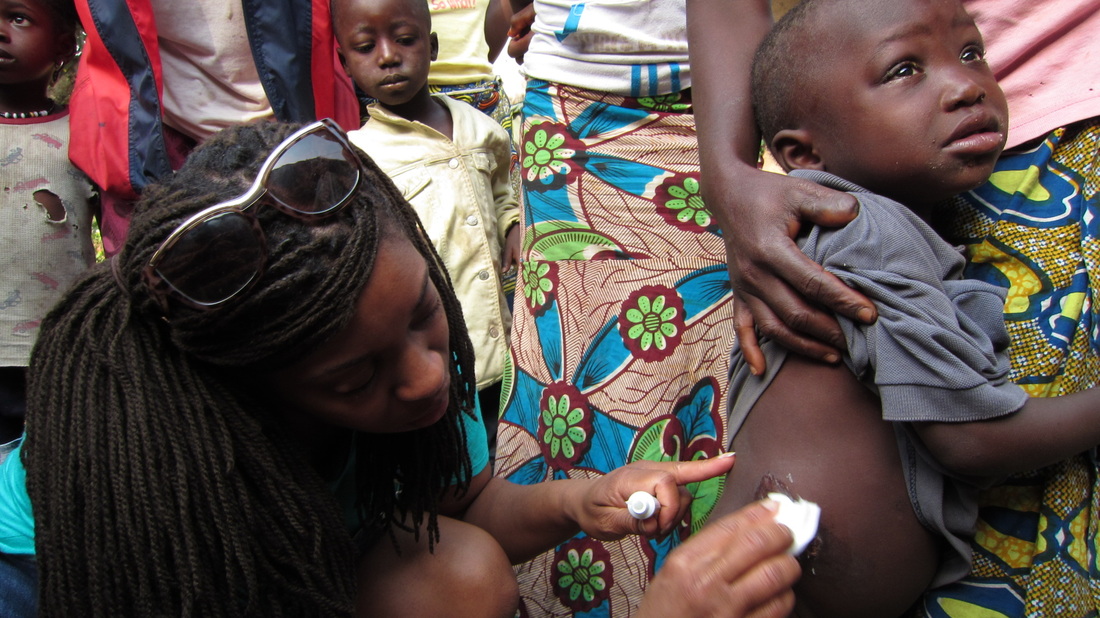
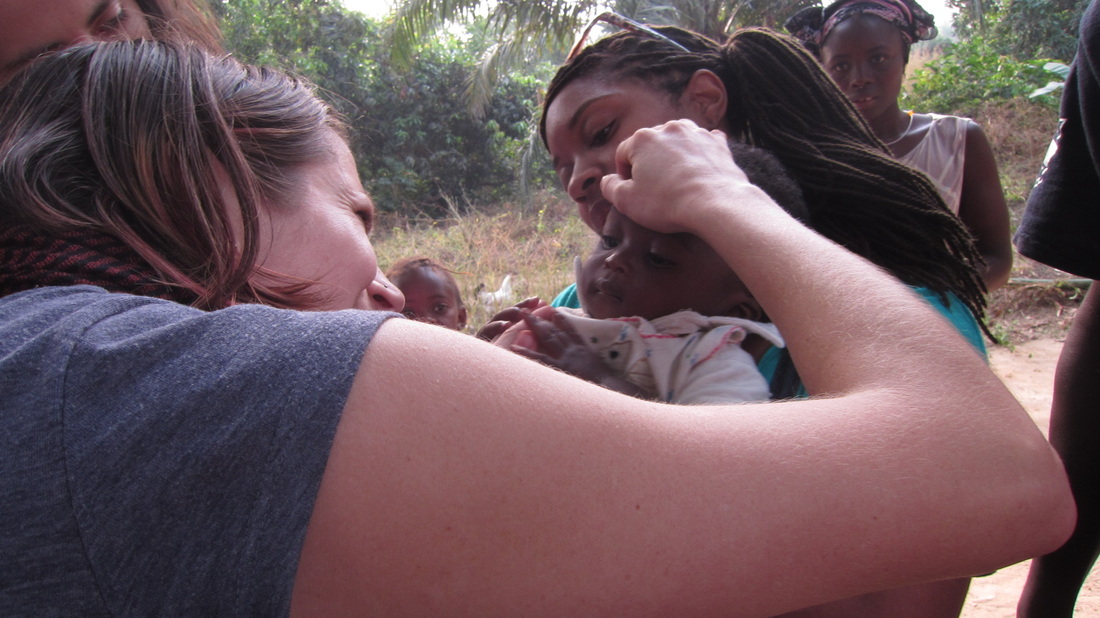
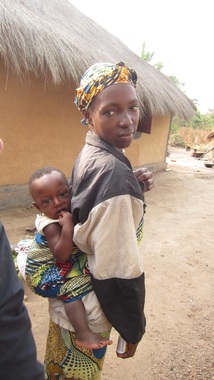
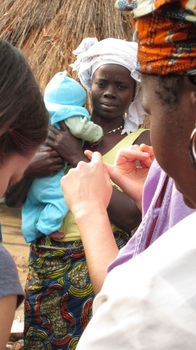
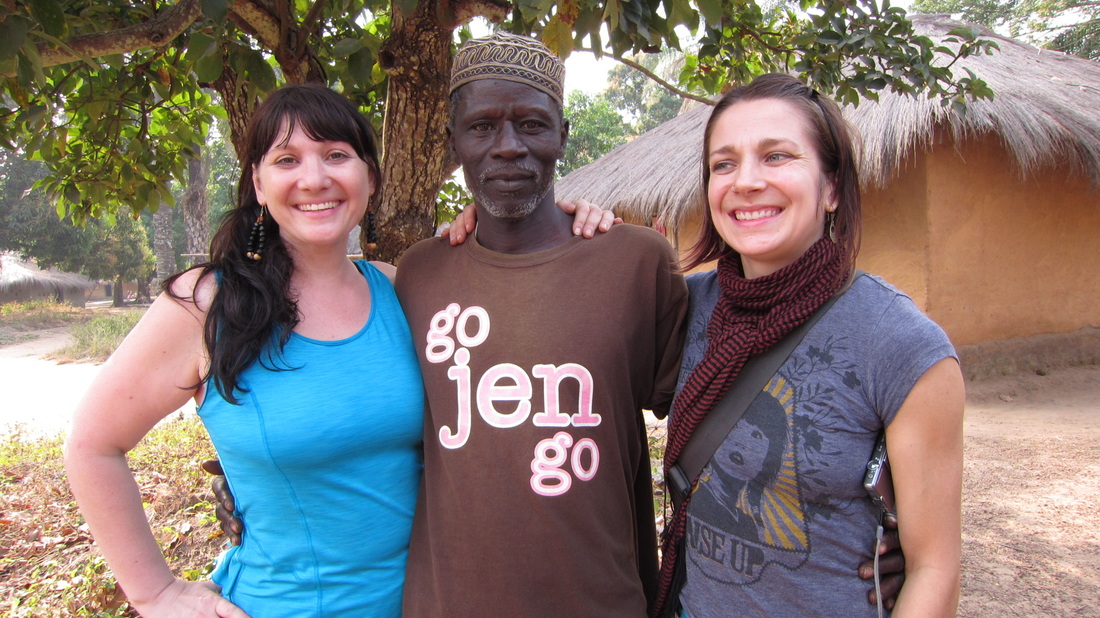
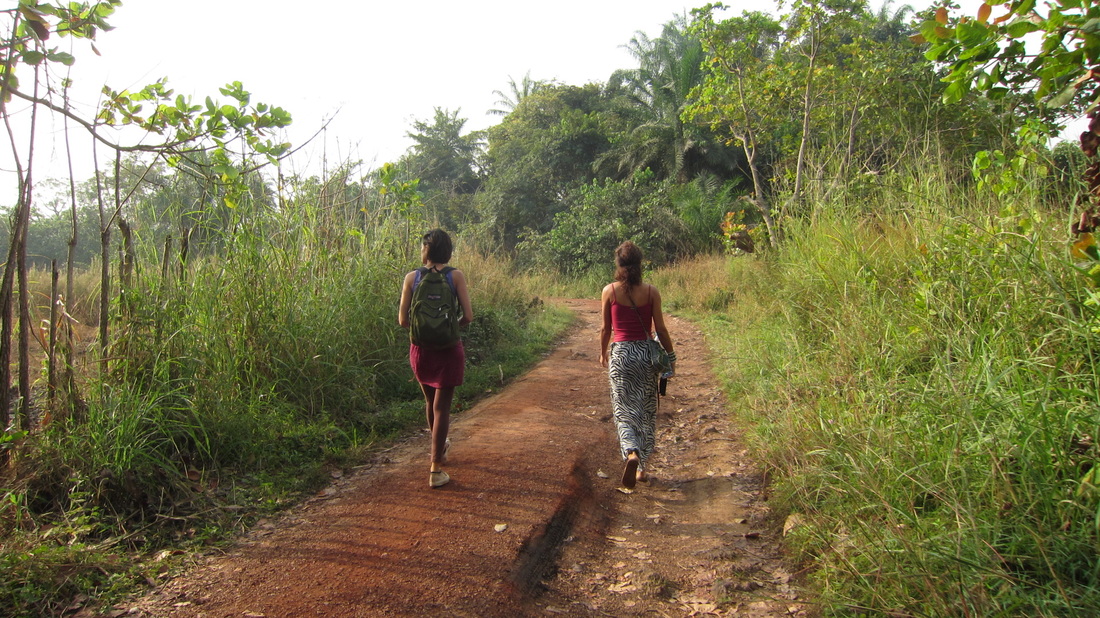
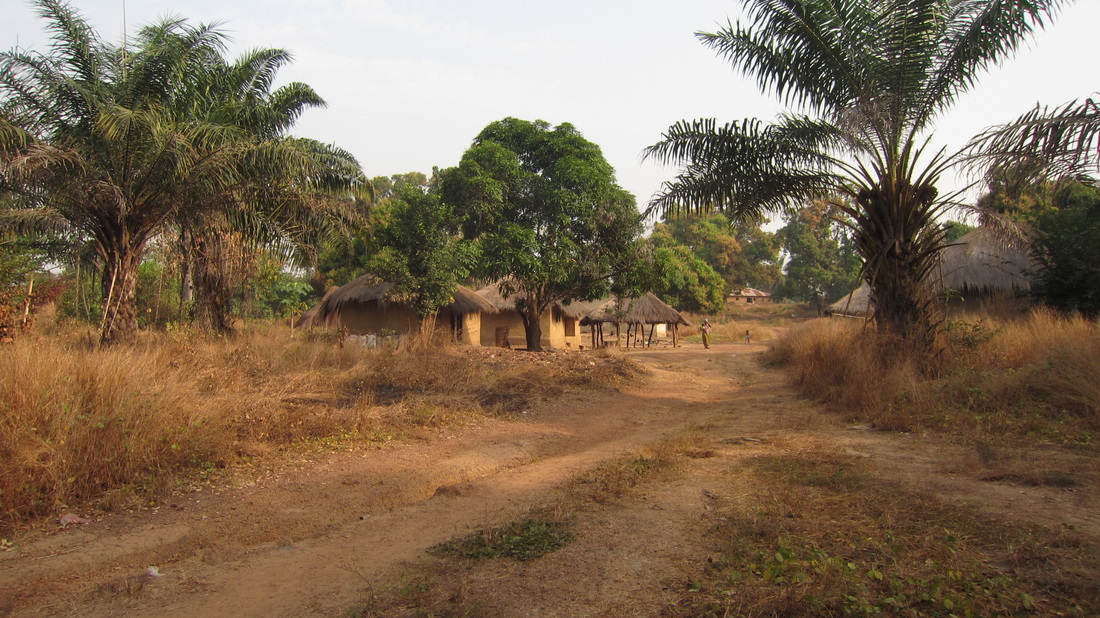
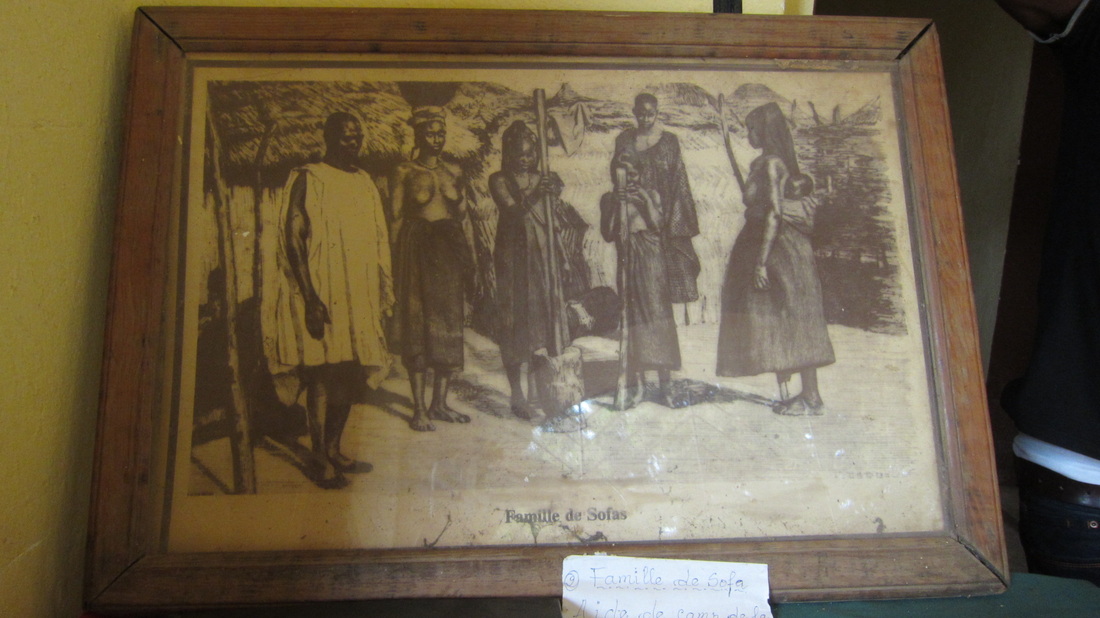
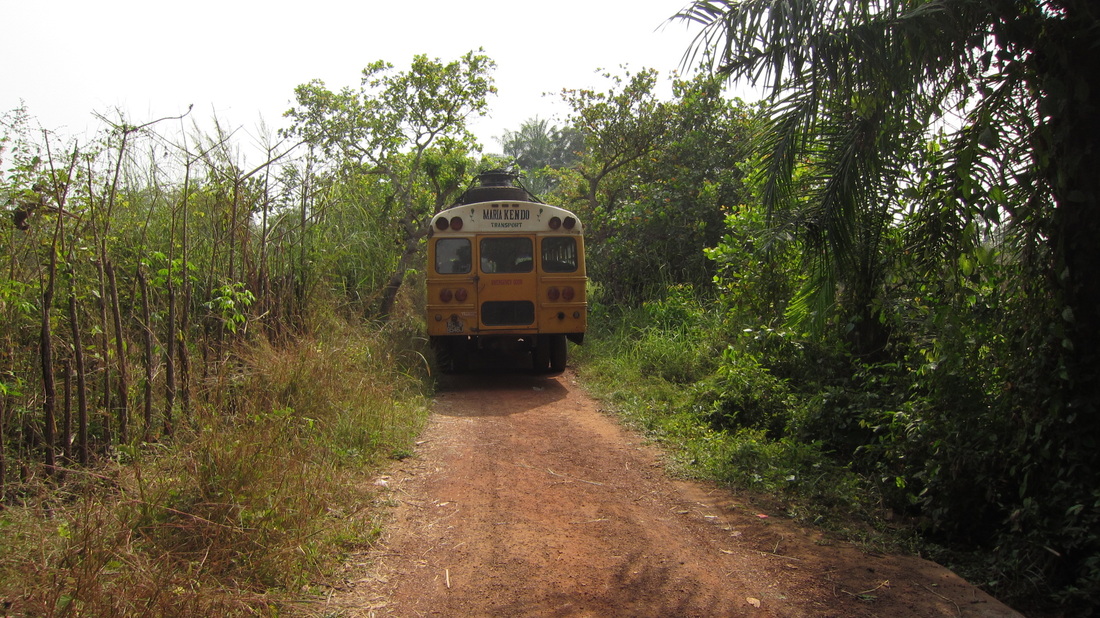
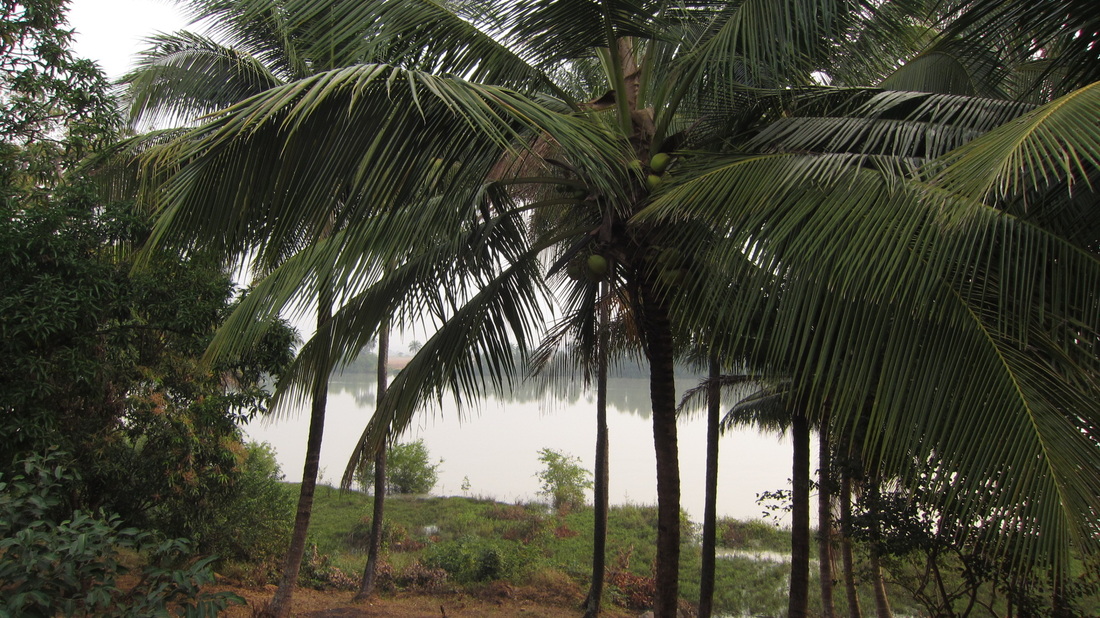
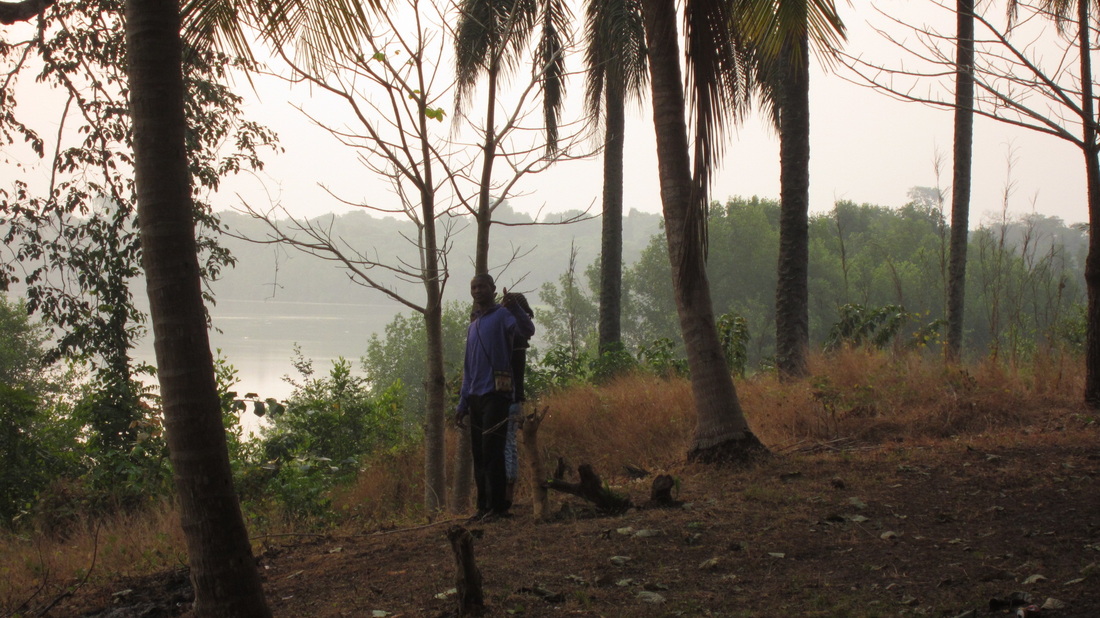
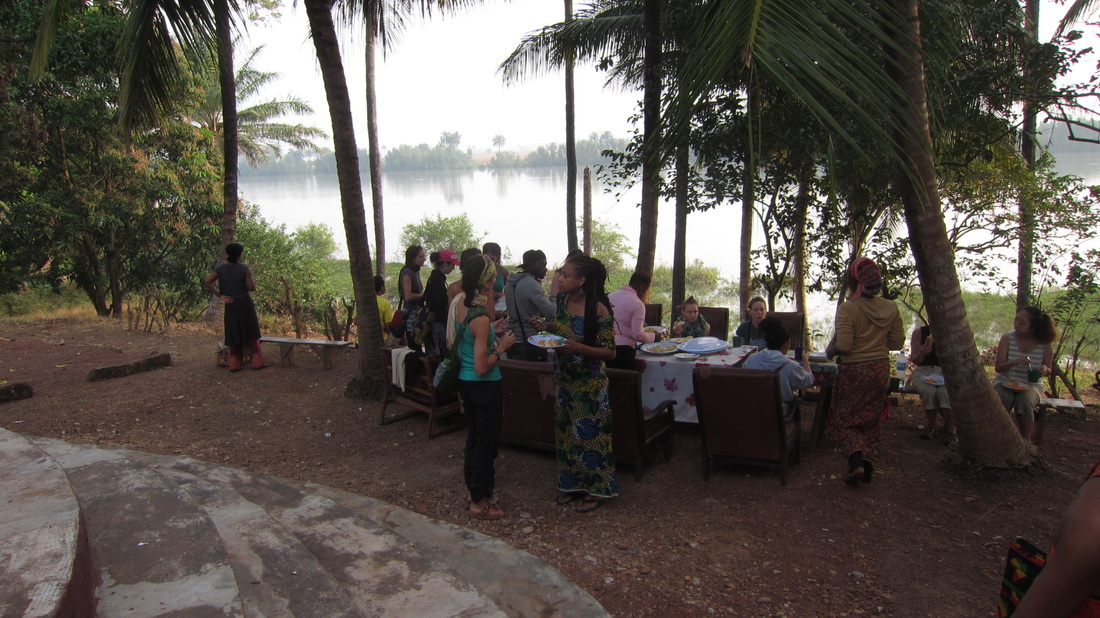
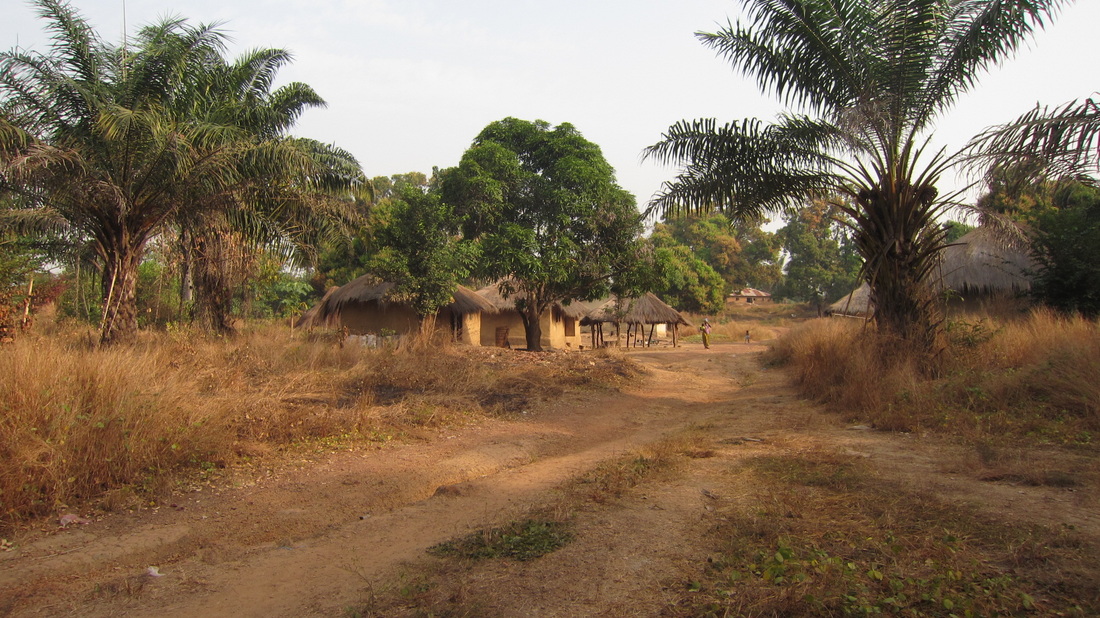
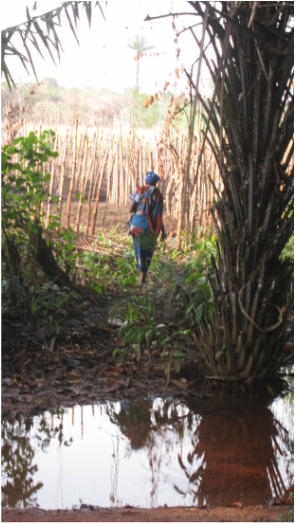
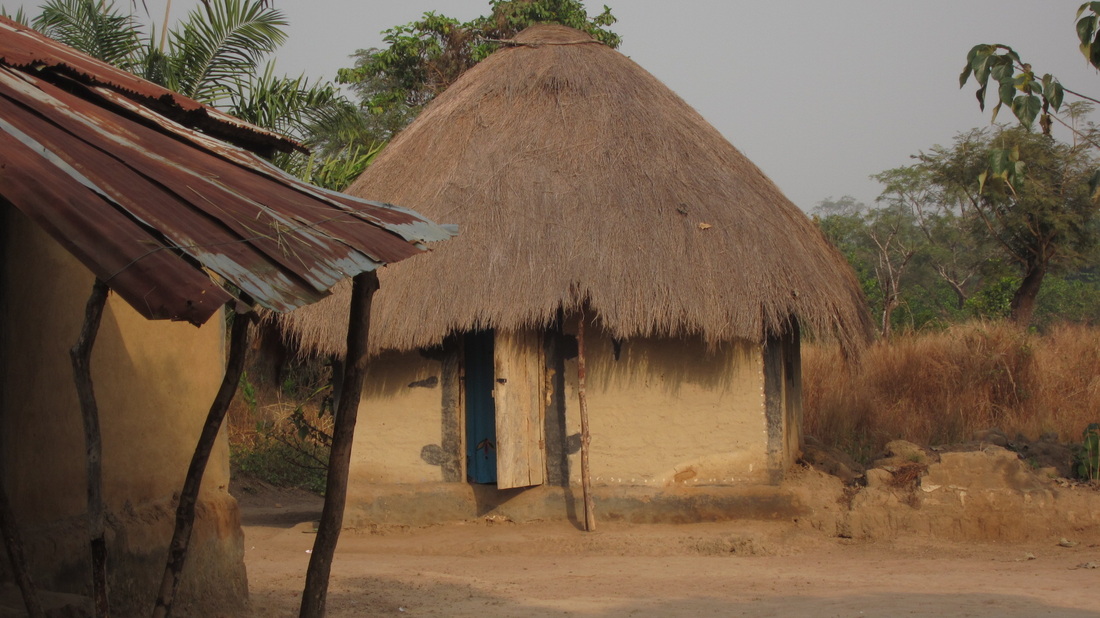
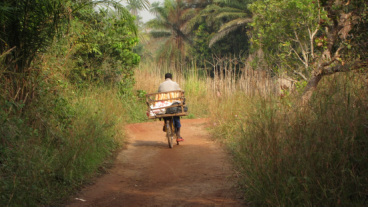
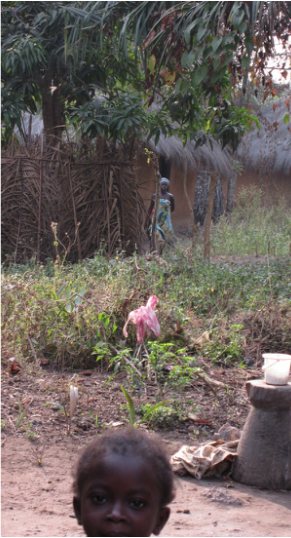
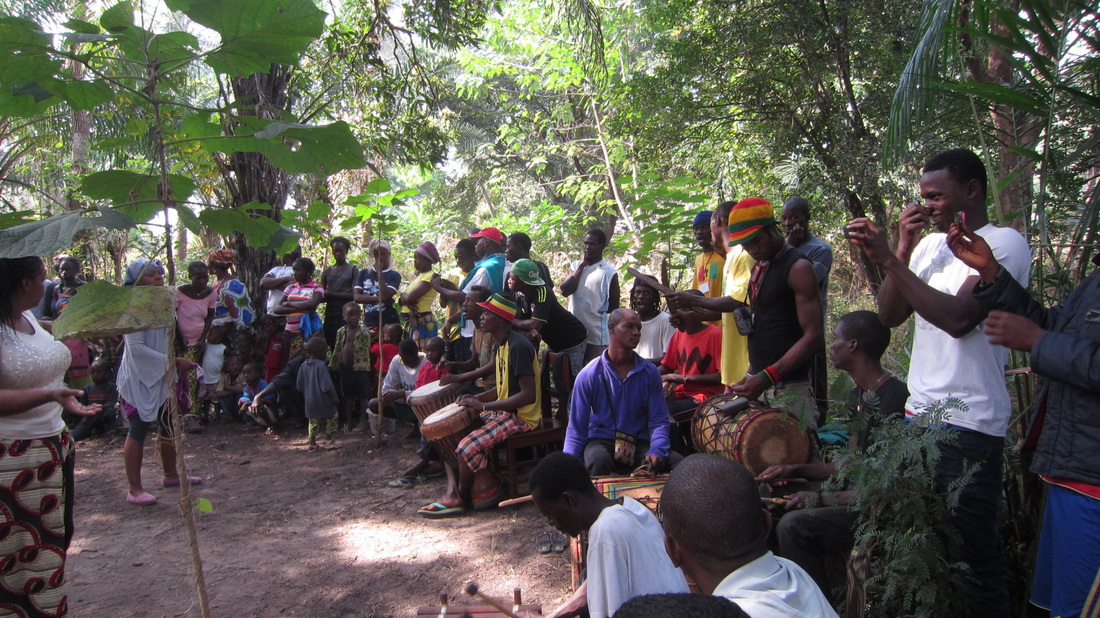
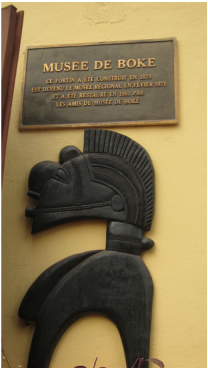
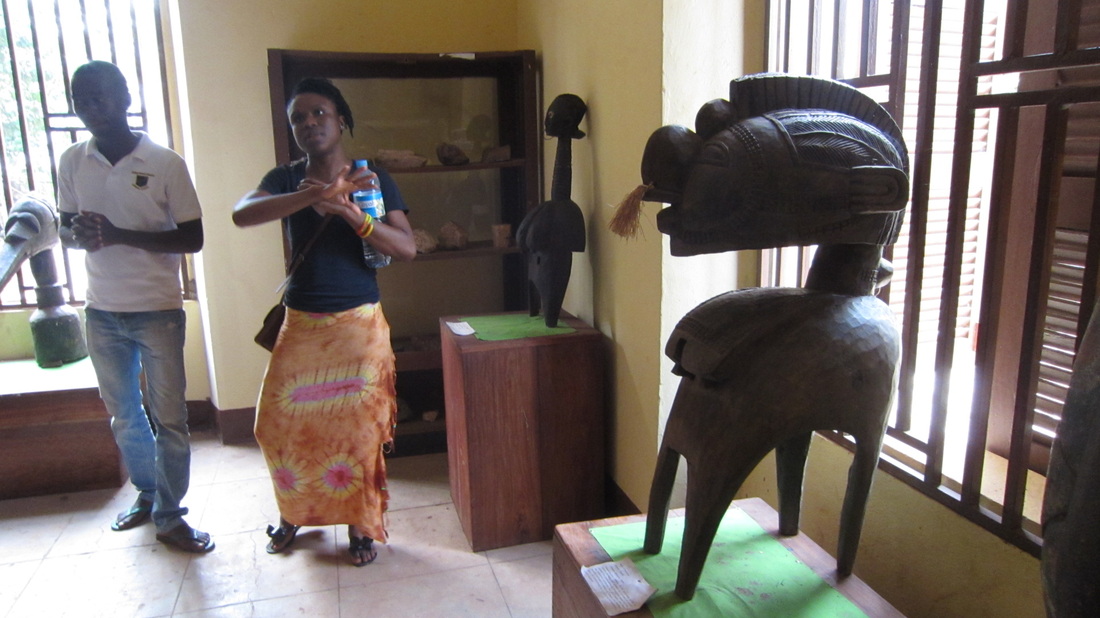
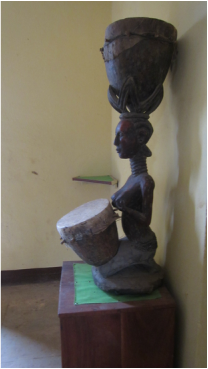
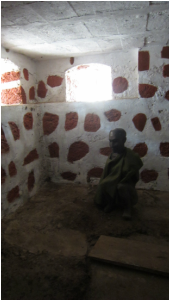
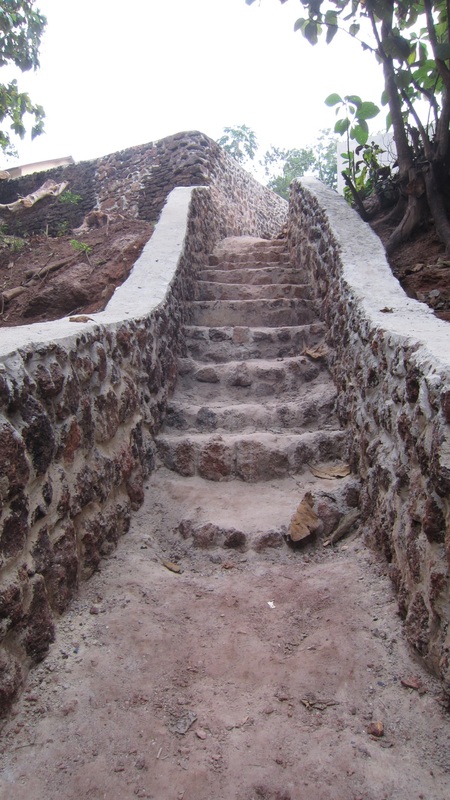
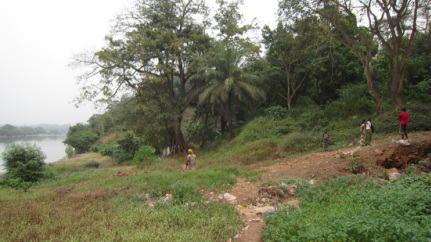
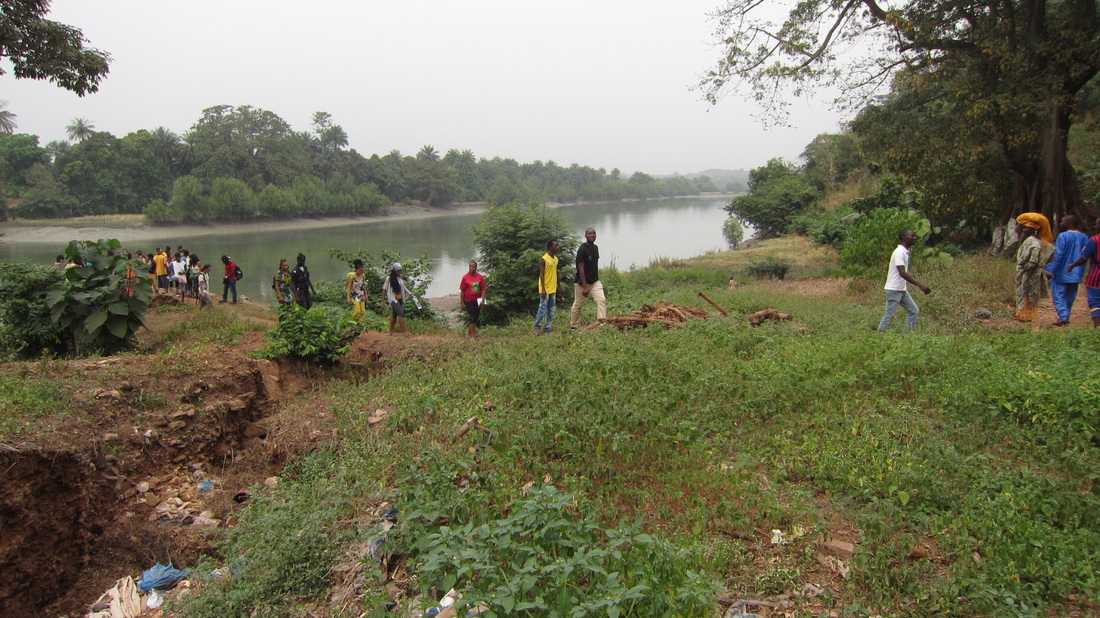
 RSS Feed
RSS Feed